In an important move towards enhanced sustainable production, Nissan has declared a fivefold increase in the utilisation of green steel in its vehicle manufacturing. The initiative is part of the OEM’s wider carbon neutrality targets and reflects a growing industry trend.
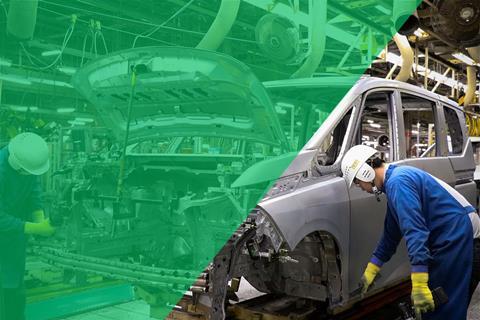
Nissan has announced it is taking another important step towards sustainable production by increasing its use of green steel by 500% in Japan, in an effort to accelerate its global sustainability ambitions. With automotive manufacturing being a balancing act between efficiency and sustainability, few materials illustrate this tension better than steel, with its wide-use across automotive manufacturing. The material accounts for roughly 60% of a vehicle’s mass, and its production is one of the industry’s biggest sources of carbon emissions.
Given the emissions-heavy nature of steelmaking, this is one of the most significant levers Nissan can pull to reduce its environmental footprint. This latest strategy is part of the OEM’s goal to cut CO₂ emissions by 30% by 2030 and reach full carbon neutrality by 2050.
Nissan rethinking steel from fossil fuels to electric furnaces
Traditional steelmaking is deeply entrenched in the use of blast furnaces that burn coal and coke to extract iron from ore. The process has changed little in over a century, despite its substantial carbon footprint. Green steel, by contrast, is produced with alternative methods that drastically reduce emissions.
”Nissan is not alone in this transition. Automakers across the industry are rethinking their production and supply chains, seeking materials that align with their carbon reduction commitments”
Instead of using conventional raw materials, low-CO₂-emission steel—commonly known as green steel—incorporates lower-carbon iron and relies on electric arc furnaces rather than coal-fired blast furnaces. This shift not only cuts pollution but also enables greater energy efficiency in production.
Nissan’s expanding network of green steel suppliers
Nissan has been integrating green steel into its production since 2023, working with Kobe Steel’s Kobenable green steel for domestic market vehicles. Now, the company is broadening its supplier base to include:
-
Nippon Steel Corporation (NSCarbolex Neutral steel)
-
JFE Steel Corporation (JGreeX steel)
-
POSCO (carbon reduction steel)
Each of these suppliers tracks CO₂ savings across their production processes, ensuring that the environmental benefits extend beyond Nissan’s own operations.
Sustainable production and materials are increasing across OEMs and tier-suppliers
Nissan is not alone in this transition. Automakers across the industry are rethinking their production and supply chains, seeking materials that align with their carbon reduction commitments. Mercedes-Benz has already signed a deal to source 50,000 tonnes of reduced-CO₂-steel annually from H2 Green Steel across its European press shops, a Swedish manufacturer using hydrogen-powered processes.
Just recently, the company secured $7 billion in financing to scale up what will be the world’s first large-scale green steel plant.
Read more Nissan stories
- Nissan to transition to low-CO2 emission aluminium by 2030
- Tough decisions on Nissan Sunderland plant’s future
- Nissan to halt AD van production as Honda merger takes shape
- Cutting jobs, Mitsubishi stake & reshaping its EV strategy: Losses for Nissan?
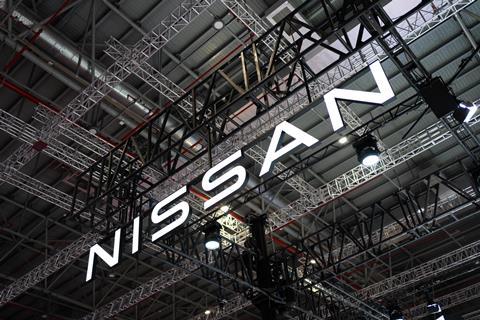
Porsche has also joined the ranks of manufacturers seeking to curb emissions from their supply chains. From 2026, the German marque and several of its key suppliers will incorporate low-carbon steel into their production processes, following an agreement with Swedish firm H2 Green Steel (H2GS). The supplier, which is set to commence operations in Boden, Sweden, in 2025, will provide Porsche and select material suppliers with steel produced using hydrogen instead of coal, significantly reducing its carbon footprint.
And the push for sustainable steel is not confined to OEMs alone, and extends across the value-chain. Swedish steelmaker SSAB has formed a partnership with Spanish tier-one supplier Gestamp to introduce fossil-free steel for body-in-white and chassis systems. The collaboration aims to bring emissions-free steel to market at a commercial scale by 2026, marking another step towards decarbonising automotive manufacturing.
For Nissan, the expanded use of green steel is one part of a broader push to decarbonise vehicle production. The company is also investing in renewable energy, circular manufacturing processes, and innovations in lightweight materials.































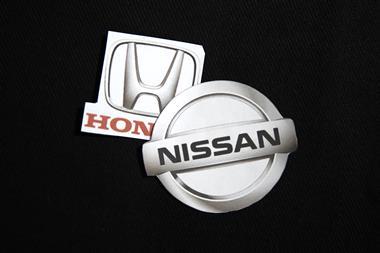
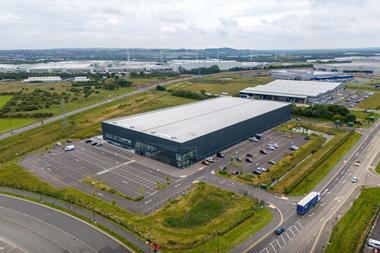
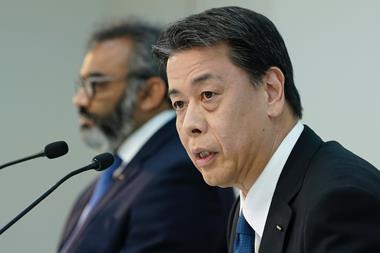
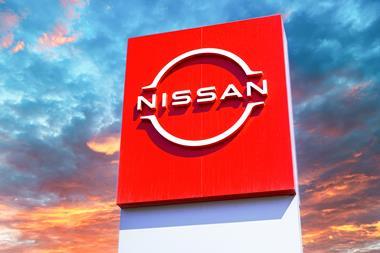



No comments yet